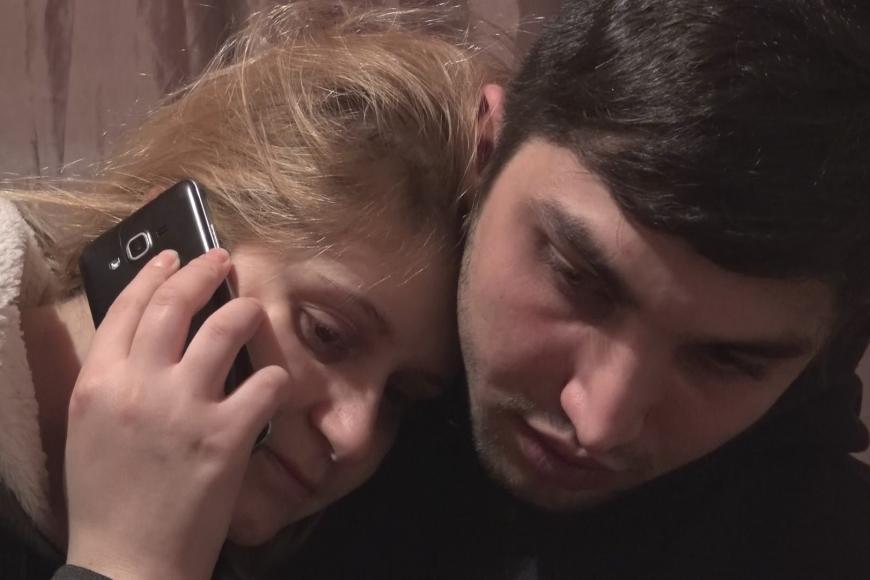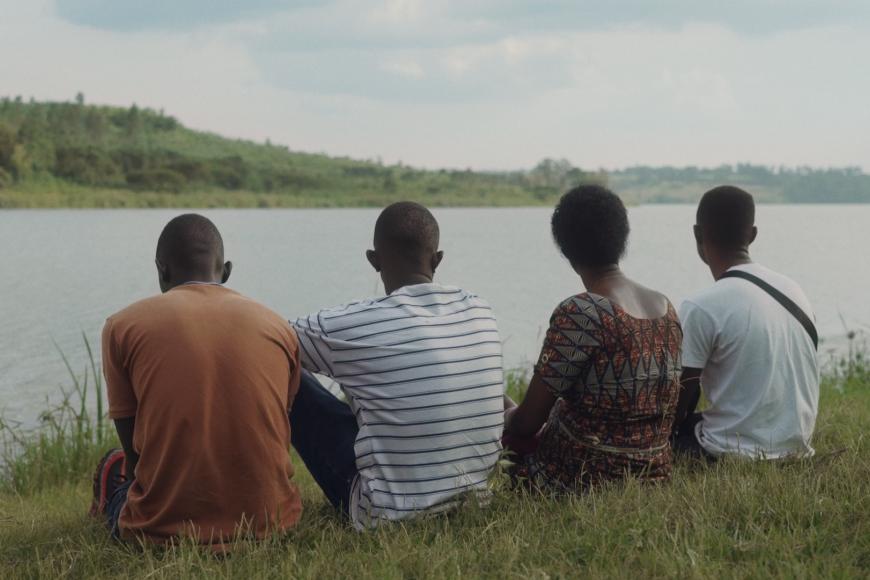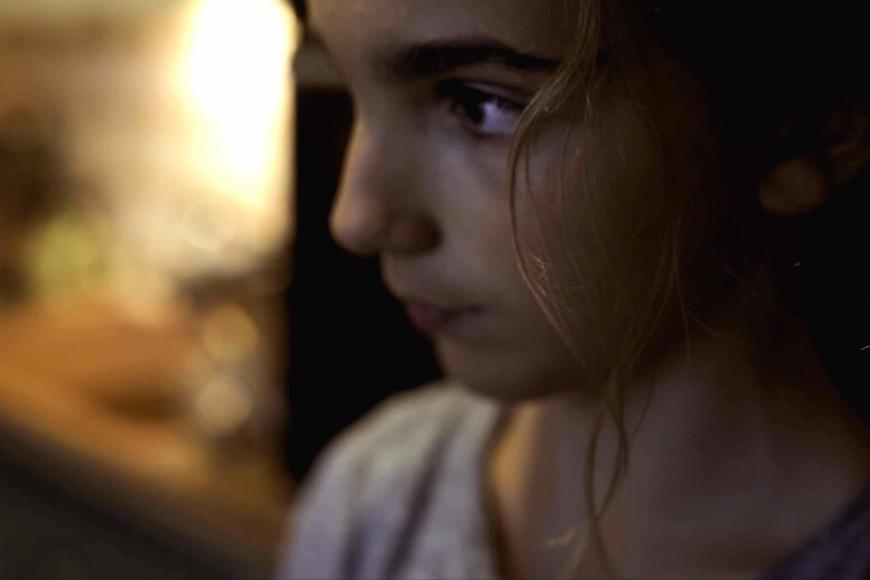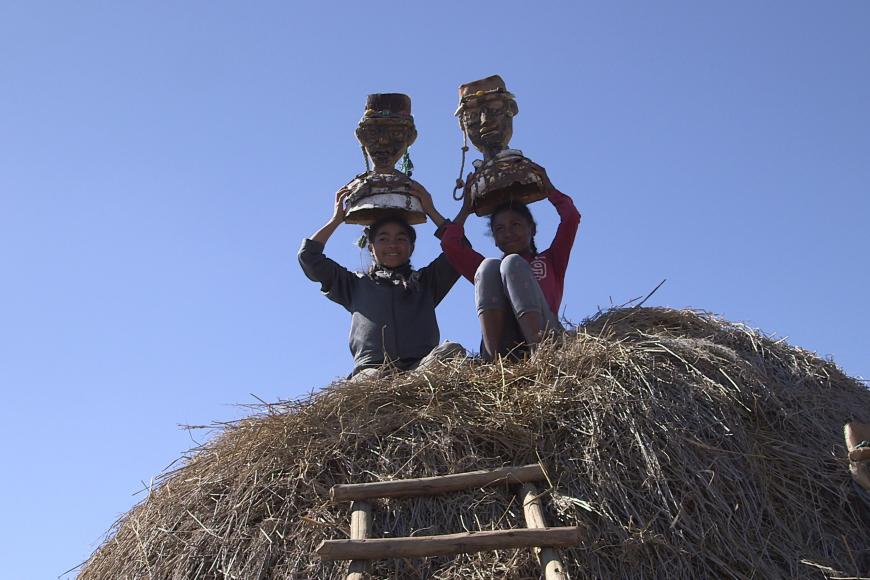
Beauty and the Lawyer
The film opens with the wedding of Garik and Hasmik and ends with a decorated tree for their son’s first Christmas in the new house that his father built himself. Between these fixed points of middle-class family life, nothing is as heteronormative as this bracket and above all the political and religious mainstream in Armenia would lead one to expect.
Hasmik is a lawyer who fights for LGBTQIA+ rights, her husband appears in the media as drag performer Carabina, does sex work and makes his life in a queer-phobic environment the subject of an autobiographical theatre performance. The film, which evolved out of close friendship and is always one step behind the wild energy of Garik/Carabina, takes a precarious, raw, but also utopian-tinted look at current social struggles. The longing for normality, emancipation and responsibility find themselves exposed – sometimes powerless and unprotected – to violent defamation. TV images show the zeal behind the attempted construction of homosexual and trans persons as “Un-Armenian.” Meanwhile Carabina, in a moment of rest from plastering the house, trowel in hand, plays a song by Charles Aznavour, whose family came from Armenia – “What Makes a Man?”








